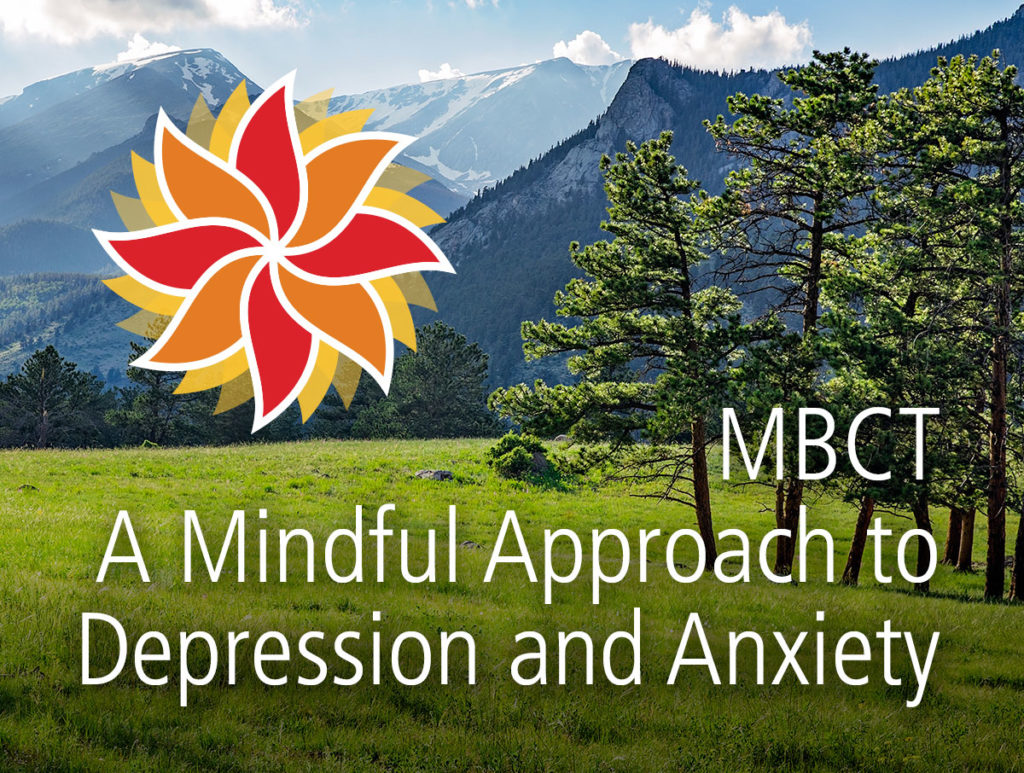
Registration open through April 15, 2024
Orientation and 8 weeks with all-day session
LOCATION: Live Online via Zoom
FRIDAYS from 9-11:30 am (EASTERN TIME) convert to my timezone
ORIENTATION: April 5, CLASSES: April 19 to June 7, 2024
Dates, Times, and Pricing Details
Payment plans are available at checkout.

LOCATION: Live Online via Zoom
ORIENTATION: April 5 from 9:00 to 11:30 am (EASTERN TIME)
PROGRAM DATES: April 19, 26, May 3, May 10, May 17, May 24, May 31, and June 7
PROGRAM TIME: 9-11:30 am (EASTERN TIME)
ALL DAY SESSION: Saturday, May 18 from 9:00 am to 4:30 pm (EASTERN TIME)
Please note, there is no program session April 12
Program pricing is set to allow for generosity while meeting individuals needs. Program prices include Pay-It-Forward, Standard, and Scholarship rates. We encourage you to pay as much as you can afford and we appreciate your care and thoughtfulness when deciding. See our refund policy.
More About Pricing
Pay-It-Forward: This is an opportunity to support those less fortunate, making programs accessible to those that cannot pay the standard rate. Paying at this level is an act of generosity.
Standard Rate: The standard rate covers the costs of these programs, making it possible for MHI to continue to offer them.
Scholarship Rate: This rate is available for those who cannot afford to pay the standard rate. We ask you to use this rate only if paying the higher rate creates a hardship for yourself and/or your family.
Mindfulness-Based Cognitive Therapy (MBCT) provides a powerful framework to cultivate self-awareness, emotional resilience, and cognitive flexibility through the practice of formal meditations and informal mindfulness practices. Additionally, MBCT is not aimed at directly treating or eradicating depression and anxiety symptoms (and should not be used as a replacement for therapy), but rather the heart of this course lies in becoming acquainted with the modes of mind that often characterize and contribute to mood states while simultaneously learning to develop a new relationship with them.
I find that the sharp ‘edges’ of life have been smoothed a bit and reaction has turned into compassion. This has opened me to receiving or noticing good things when they happen. I am able to anchor myself more often to be more aware, attentive and focused. I came away from this course better than I when I began it. Thank you!
AH, MBCT Student, Spring 2023
More About the Program
MBCT is an evidence-based approach developed in 2002 by researchers Zindel Segal, Mark Williams, and John Teasdale. Grounded in the principles of mindfulness, it draws inspiration from Jon Kabat-Zinn’s Mindfulness-Based Stress Reduction (MBSR) program while also incorporating components of cognitive behavioral therapy (CBT) to help participants break free from patterns that contribute to repeated and prolonged episodes of depression and anxiety.
Experiences of recurrent depression and anxiety can leave one feeling exhausted, uncertain about how to move forward or get unstuck, and like life has lost its color. Cultivating mindfulness offers possibilities and potential for living life in new ways, for learning new skills, and wholly new ways of working with and befriending the mind.
The program consists of 31 hours of direct instruction, including:
- Orientation (1.5-2.5 hrs) scheduled one or two weeks before the first class
- 8 weekly classes, 2.5 hours each
- An all-day class on a Saturday or Sunday
- Daily home practice assignments (~45-60 minutes each day)
Past Participant Testimonials
Very helpful in overcoming my anxiety, and making it manageable. I catch the thoughts now before it gets out of hand. And if they do overflow, I am aware of it and know it’s temporary.
Program Participant, Summer 2023
The MBCT course that I took helped me tremendously in understanding the modes of my mind. It held me on the rims of a downward spiral, to look into and understand the emotions and thoughts without getting caught in them, thus preventing from spiralling down the rabbit hole. Surfing along the edges with kindness and compassion. Allowed me to be much kinder towards myself and say “it’s okay”. Thank you!
Program Participant, Summer 2023
Who is this for?
This course is designed for adults 18 and older who are interested in exploring mindfulness techniques to manage depression and anxiety symptoms and who want a structured, practical, and highly accessible introduction to mindfulness. It is appropriate for people new to mindfulness, anyone who has tried mindfulness apps or perhaps read a book and wants the structure of a course led by an experienced teacher, and even seasoned practitioners.
About the Instructor

Certified MBSR instructor
Certified MBCT instructor
Certified Compassion-Based Resilience Training (CBRT) instructor
Adjunct professor with the IE University Center for Health, Wellbeing & Happiness
Science and Research on MBCT
Research has shown that MBCT can be beneficial for various conditions, particularly in preventing relapse in individuals with recurrent depression and anxiety.
MBCT has been associated with improved emotional regulation, reduced anxiety, enhanced well-being, and better overall mental health, making it a promising intervention for individuals seeking to manage and prevent recurrent depression and other emotional challenges.
While individual experiences may differ, engaging in mindfulness practices offers participants a valuable opportunity to tap into its wide-ranging benefits.
Learning Objectives and Outcomes
- Discuss what mindfulness is and is not from a theory- and evidence-based perspective, including the history and foundation of Mindfulness-Based Cognitive Therapy (MBCT)
- Discuss the purpose of the stress response, including its usefulness
- Explain how thoughts, core beliefs, and reactivity to stressors can impair emotional and physical wellbeing that may lead to depression and anxiety
- Discuss how cognitive distortions or conditioned ways of thinking may foster cycles of depression and anxiety
- Discuss the difference between an active acceptance of distress and an emotional resignation
- Employ and practice meditations in ways that bring attention to depression and/or anxiety with curiosity and non-judgement, including how and where the body holds tension, sadness, and worry
- Employ and practice informal mindfulness practices in ways that support bringing awareness and attention to depression and anxiety symptoms
- Apply mindfulness to cultivate a greater sense of present-moment awareness, gain a deeper connection with the body, thoughts, and emotions, and promote greater mental flexibility
- Apply mindfulness techniques to identify negative thought and behavior patterns that contribute to depression and anxiety and cultivate skillful responses to them
- Utilize mindfulness to identify typical bodily sensations that arise when depression or anxiety arise
- Utilize mindfulness to increase the ability to identify, feel, and tolerate unpleasant, unwanted, and contradictory emotions
- Describe how mindfulness can alter maladaptive feedback loops to facilitate the self-management of depression and anxiety
- Explain how mindfulness promotes emotional regulation in the context of depression and anxiety
- Apply mindfulness techniques to challenge negative thought patterns that contribute to depression and anxiety
- Explain how formal meditations and informal mindfulness practices can support wellbeing, including when they may be used to support symptoms of depression and anxiety
- Utilize mindfulness to manage the ongoing physical, mental, and emotional symptoms of depression and anxiety symptoms over time
Join us to explore how mindfulness may support you in living life more fully, with greater ease and joy.
Please visit our FAQ webpage for answers to our most frequently asked questions.
